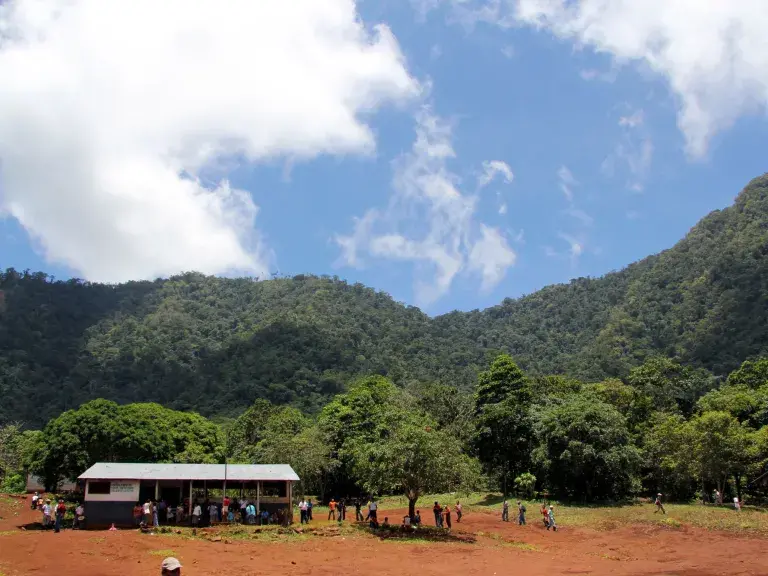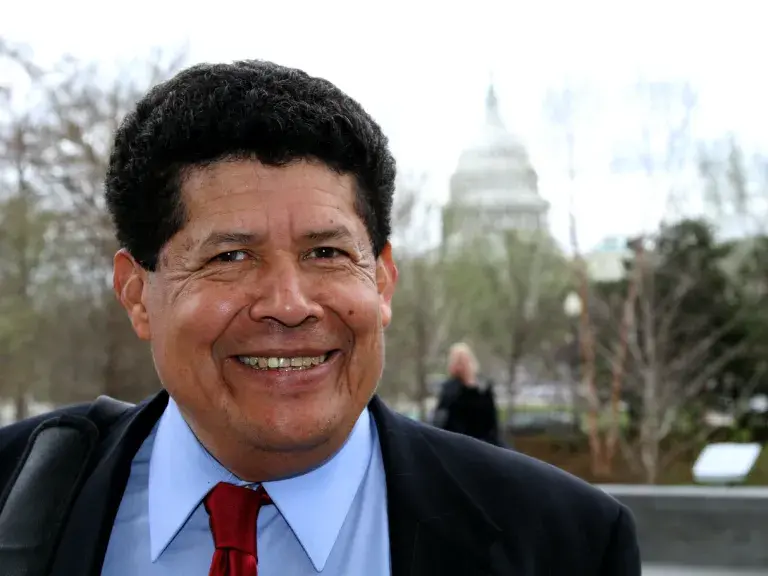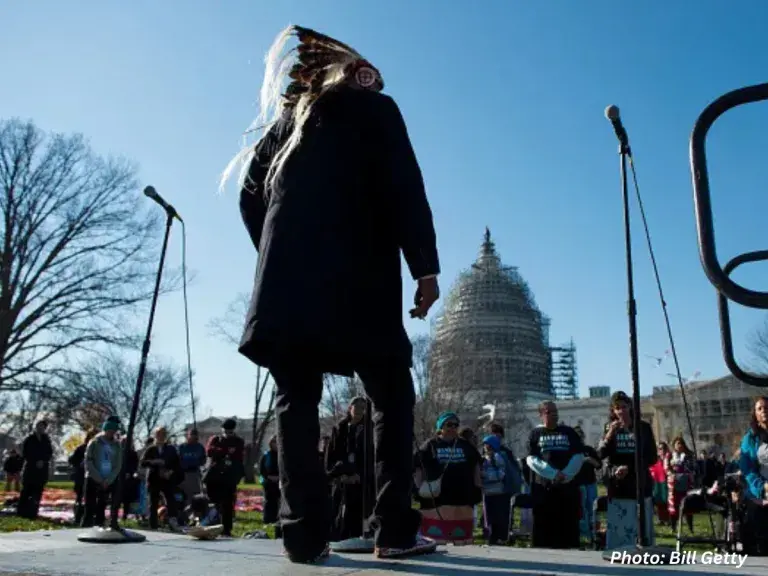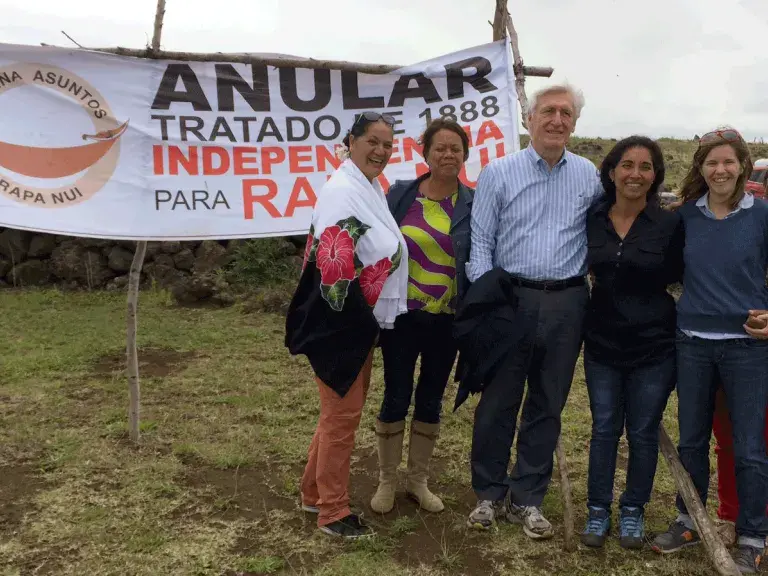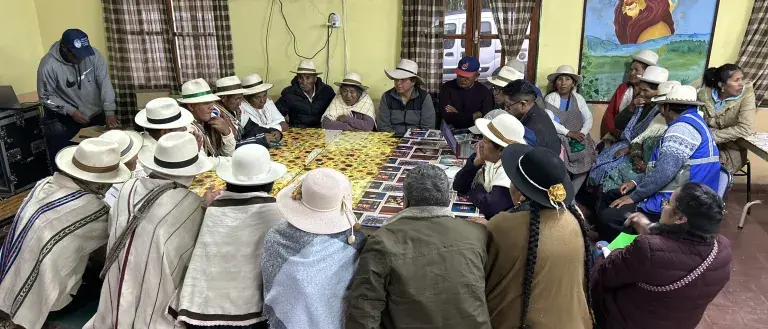
The existence of Native cultures and Native nations and the ability of these nations to deal with problems and increase social well-being are all dependent on the existence and effectiveness of Native governments often called tribal governments. This is particularly true in the United States and Canada, but it is also true elsewhere in the Americas where Indian governments or social mechanisms receive little legal recognition. Thus, we defend and assist Native or indigenous governments when their powers are attacked or threatened. In 2007, we succeeded in winning UN General Assembly adoption of the UN Declaration on the Rights of Indigenous Peoples containing a clear right of self-determination for indigenous peoples as distinct peoples within existing countries. In 2010, the US expressed its support of the Declaration; now no country in the world opposes it. This is the most important advance in the law of self-determination in more than a generation, and it remains uncertain how this right will be in fact put into effect in the Americas and elsewhere.
At present, we are working on just one case in the United States, but we are devoting particular attention to securing the right of self-determination in the context of the Organization of American States draft American Declaration on the Rights of Indigenous Peoples. It is important to win United States and Canadian support for the right of self-determination in the American Declaration, because both countries initially voted against the UN Declaration. We are also beginning to work on the implementation of the right of self-determination included in the UN Declaration. This will include seeking UN measures and mechanisms to assure that countries actually respect this right and assure its exercise. We will surely continue this implementation work in the UN and the OAS for many years to come. We are also giving special attention to the right of self-determination in our law reform work, as discussed below. We expect that in the United States the right of self-determination may well come under much greater attack by the courts and even by Congress in the next ten years.
